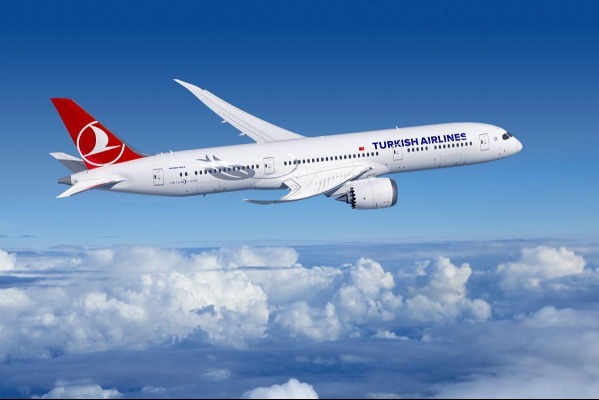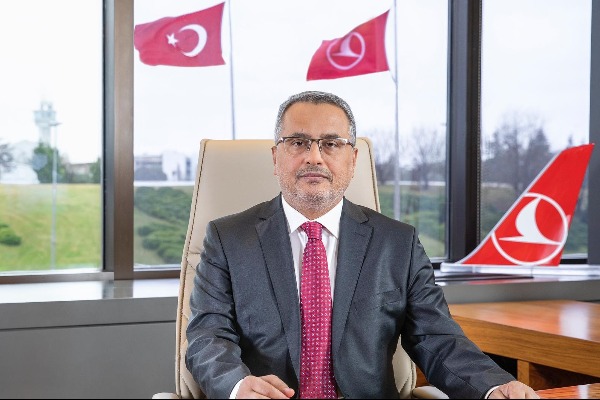Turkish Airlines Charts A Course To Recovery

As the aviation industry experienced a year of increasing global geopolitical tension and inflationary pressure,
Turkish Airlines closed 2022 with a US$2.7 billion net profit and stands apart for its operational agility, expansive flight network and highly skilled workforce.
Despite the fact that the aviation industry faced a year of increasing global geopolitical tension and inflationary pressure, the carrier completed its sixth quarter in a row with a net profit, despite the challenges in operations that have persisted since 2020.
Total revenue in 2022 was US$18.4 billion, surpassing that of 2018 by 39% and setting a new record high. Cargo revenue increased by 120% compared to 2019, which constitutes 20% of total revenue at approximately US$3.7 billion.
Turkish Airlines Chairman of the Board and the Executive Committee, Prof. Dr. Ahmet Bolat stated: “As Turkish Airlines, we are continuing to overcome every obstacle we encounter with our 90 years of experience. Every single one of our colleagues and their team spirit contributed to our post-pandemic success.”

He continued: “With the responsibility and awareness of being the flag carrier, we are standing with our nation just as we did during previous crises. In the aftermath of the earthquakes centered in Kahramanmara? on February 6, we utilized all of our resources to operate over 2,400 flights in order to transport 433 thousand search and rescue teams and 16 thousand tons of aid materials to the region while evacuating 430 thousand of our citizens to date.”
And he noted: “We are doing our part when it comes to mending the wounds caused by the earthquakes our country faced and we will continue to do so as the aftermath of the disaster continues to unfold. Apart from the 2 Billion TL cash aid donated to the Ministry of Interior Disaster and Emergency Management Presidency (AFAD), we started the work with the Ministry of Environment, Urbanisation and Climate Change to provide the necessary support for the construction of 1,000 homes for those rendered homeless due to the earthquakes. We will also plan to employ 1,000 personnel from 1,000 families affected by the earthquakes.”
With one of the youngest and most modern fleet of 394 aircrafts, Turkish Airlines carried 72 million passengers, with 85.8% domestic and 80.1% international load factors. In the face of inflationary pressure, the flagship carrier maintained effective cost management by lowering unit expenses (excluding fuel) by 2% compared to 2019. As a result, EBITAR (earnings before interest, taxes, amortization and rent) was realized as US$5.4 billion.
According to IATA, while global air passenger capacity in 2022 was 28% behind that of 2019, Turkish Airlines succeeded its 2019 capacity by 7.5%. As Europe’s leading network carrier for daily number of flights operated according to the European Organisation for the Safety of Air Navigation (EUROCONTROL), Turkish Airlines became the network carrier offering more international seat capacity than any other. Istanbul Airport was also the busiest airport in Europe, as a result of the country’s investments towards aviation infrastructure.
Quadrupling its market share in the air freight market over the last 10 years, Turkish Airlines ranked fifth among the world’s top air cargo carriers, according to IATA. After moving to SMARTIST, the new high-tech cargo operations centre at Istanbul Airport, Turkish Cargo aims to further enhance its position among the leading air cargo brands in the world.
Employing over 75 thousand staff with its subsidiaries, Turkish Airlines stands by its nation in this challenging period and will continue to proudly fly Türkiye’s flag on the 90th anniversary of its establishment and the 100th anniversary of the Republic of Türkiye.
Turkish Airlines sincerely shares the pain of its country, expressing its deepest condolences for the communities impacted and wishing a quick recovery to those injured by the earthquake.
Tags:


